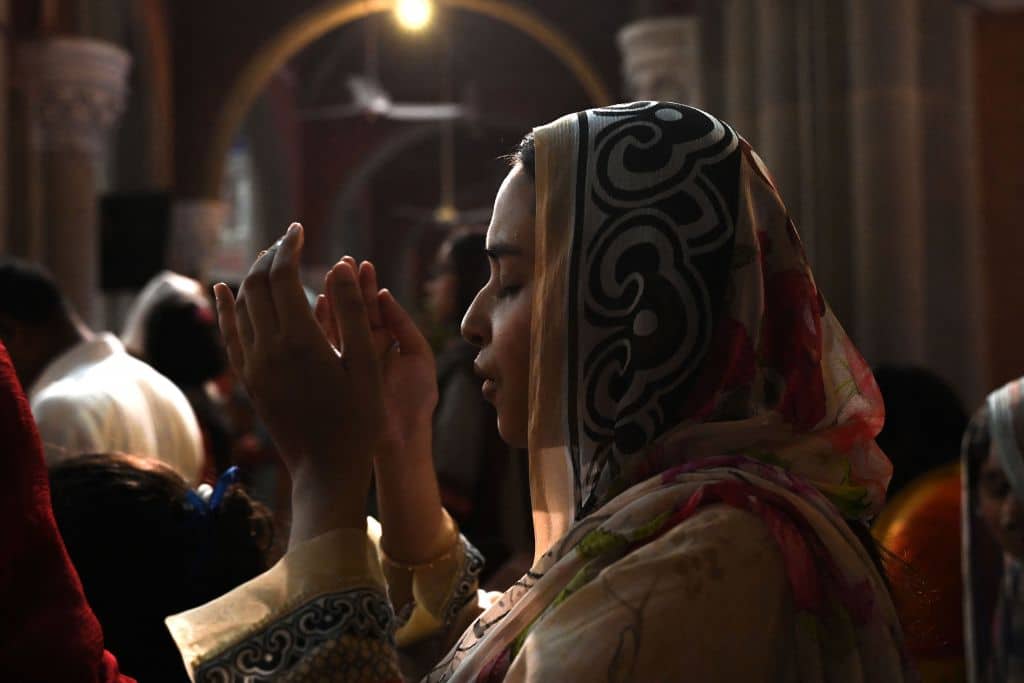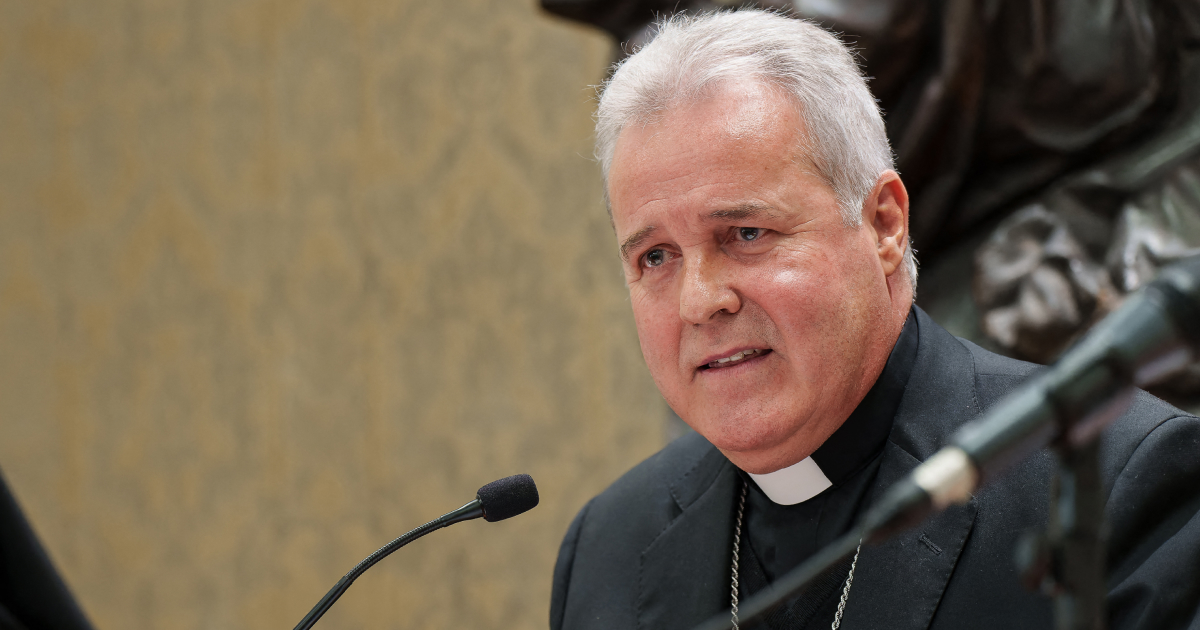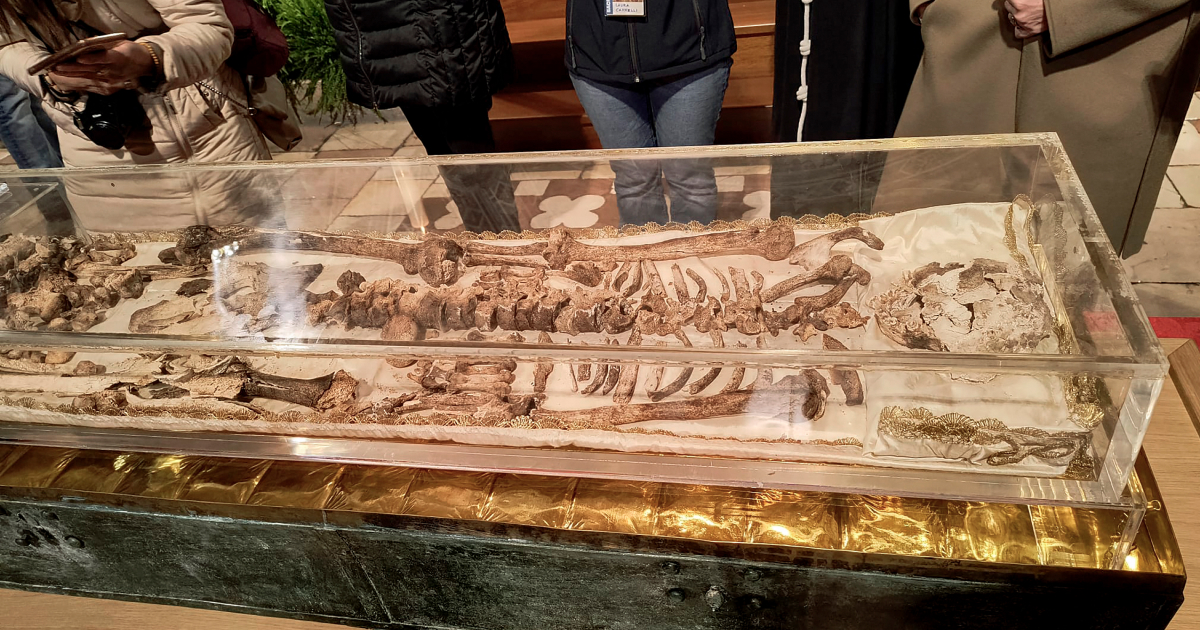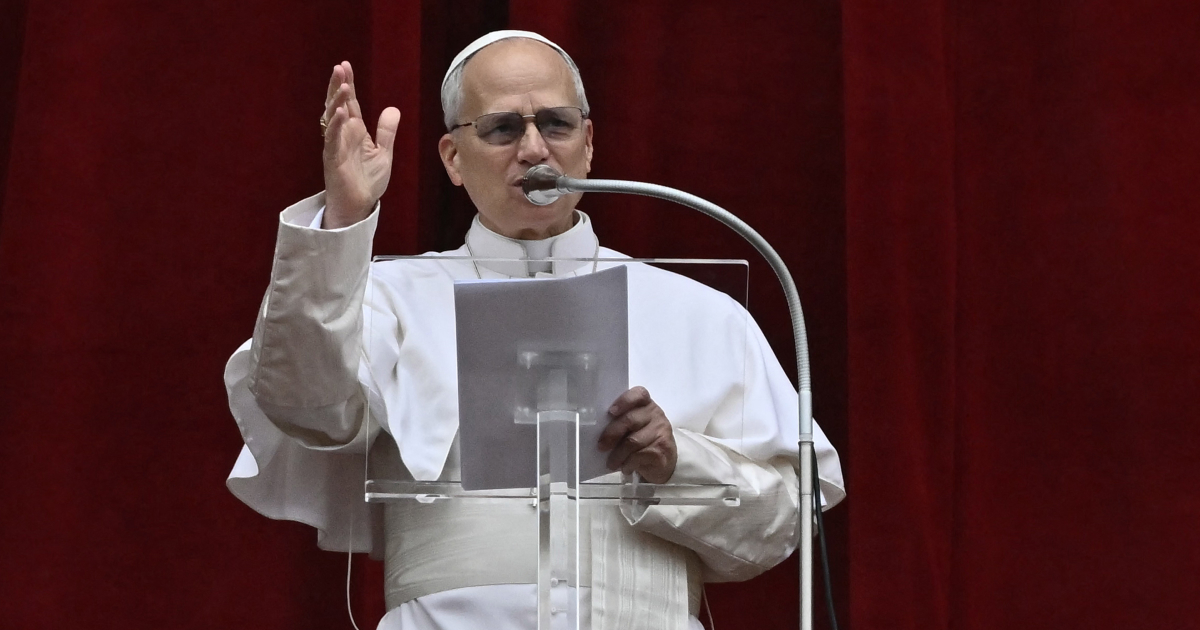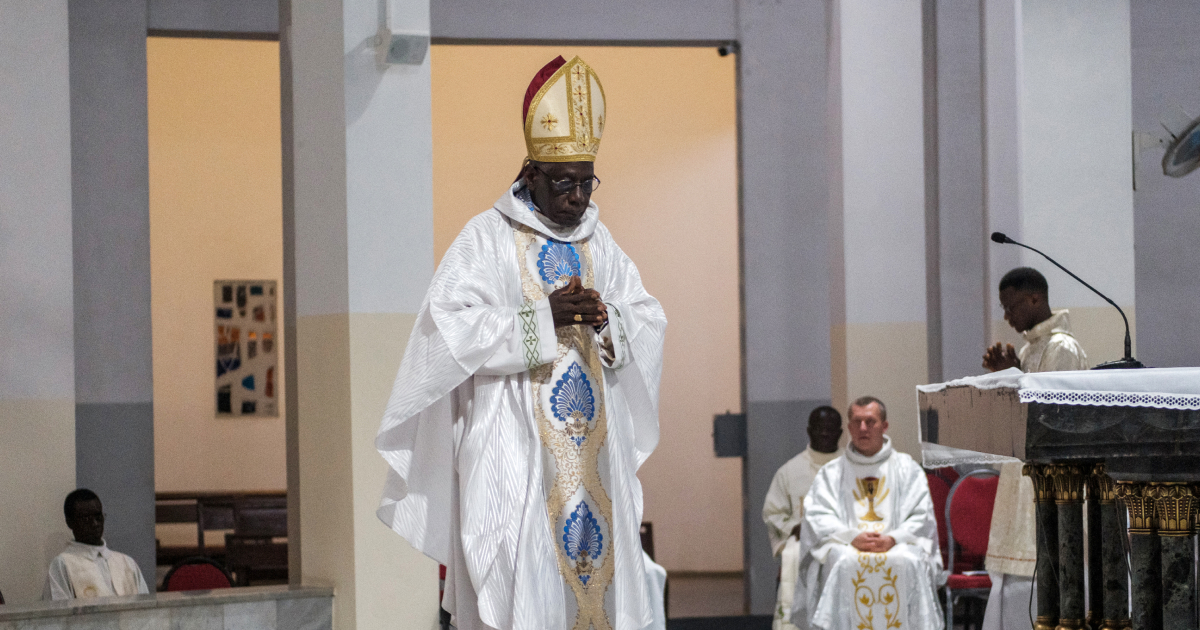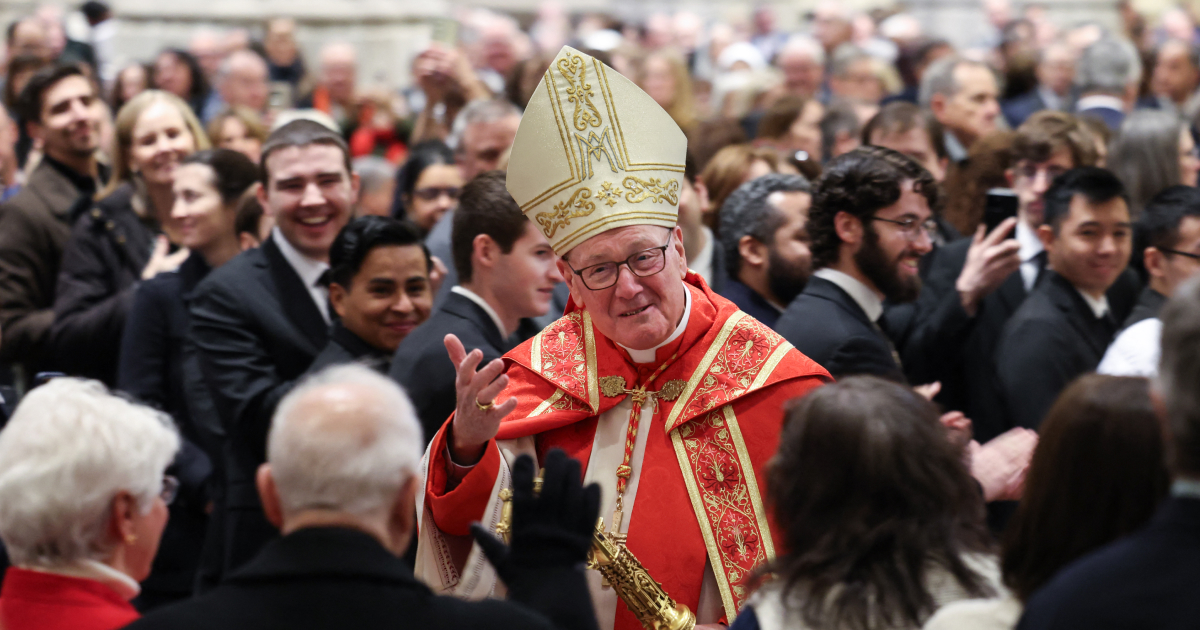Nizar Masih lay face-down in the dust and the dirt, blood streaming from his battered head, soaking his torn shirt. Yet, for the mob seething and surging around him, the 73-year-old grandfather still hadn’t suffered enough.
They continued their onslaught, launching a fresh salvo of blows on the limp, lifeless body. Rocks were hurled, sticks were brought down with devastating force. In the farrago of violence it was impossible to tell if Mr Masih was dead or alive.
The intensity of the anger on display in the Punjab town of Sargodha, Pakistan, in late May, was raised up that day on nothing more than a spurious accusation of blasphemy. It was claimed that burnt and damaged pages of the Qur’an were found outside Mr Masih’s house; an incredulously convenient location for a piece of evidence on which to frame his guilt.
Mr Masih didn’t survive the injuries he sustained, dying a few days later in a military hospital in Rawalpindi. And, tragically, his wasn’t the only Christian life claimed by the mob’s attack; Mr Masih’s wife also passed away several weeks later, on account of the overwhelming grief she suffered over the murder of her husband. His son was also badly beaten, but thankfully survived the attack.
Mr Masih had owned a successful shoe factory. His business now lies in ashes, having been burnt to the ground along with his home. Although not before both were stripped of anything the looters and arsonists could get their hands on. In the wake of the atrocity, a deluge of sources came forward to attest that the real crime which Mr Masih committed was being a successful Christian in Pakistan. A condition which often carries the gravest of consequences.
Following the attack, over 100 Muslims were arrested, with a litany of charges brought against them, ranging from murder to terrorism. Yet these tokenistic arrests amount to no more than a façade of justice; sources have stated that 40 to 50 of those taken in have already been released. The rest are widely expected to be freed in due course.
This is a story which Pakistan’s long-suffering Christian community are all too familiar with, and Mr Masih is by no means the first to experience the injustice and intolerance endemic to the country, or to suffer the wrath of militants. Indeed, the history books of Pakistan are soaked in the blood and strife of the country’s Christians.
In March 2011, the Federal Minister for Minorities Affairs – and one of the country’s most prominent Christians – Shahbaz Bhatti was on his way home after visiting his mother, when he was gunned down in broad daylight by the Taliban. The group took Bhatti’s very existence as a personal affront, on account of his opposition to Pakistan’s draconian blasphemy laws; laws which have the death penalty as their ultimate punishment (although this sentence is more often meted out in the street than the courthouse).
While Nazir Masih and Shabaz Bhatti are two high-profile cases of Christians who paid the ultimate price for their faith, the persecution and oppression of Pakistani Christians proliferates across the very fabric of the nation’s society. Indeed, to say that much of the country is built on the blood, sweat and toil of its Christian minorities would be a tragically literal statement.
In May of this year, the All-Party Parliamentary Group for Pakistani Minorities launched a report which estimates that more than 1 million people work in bonded labour across 20,000 brick kilns, breaking their backs in the heat to produce the building blocks of the country’s manufacturing industry.
Of these 1 million workers trapped in effective slavery, the report states that in some kilns up to 80 per cent of them are Christians. In other cases, it’s 40-50 per cent. Either way, the key context is that this is happening in a nation in which Christians form only 1.9 per cent of the population.
RELATED: Pakistan’s religious minorities enduring modern-day slavery in brick kiln industry
The report highlights that Christians are often given the harshest tasks to perform, whilst Muslims working in the kilns are allotted relatively light duties such as clerical work. And female Christians often face far worse than just abject working conditions: an excerpt from the report posits that “the kiln owners regularly abuse the female workers, keeping them physically tied down in their homes as prisoners. They are not allowed to leave and are required to do manual labour around the home".
Human Rights Watch submitted to the inquiry testimony of two women who were forced to have regular sexual relations with their employer or members of his family. The organisation also asserted that some women were raped by local police officers, and that all this forms what they term “a consistent pattern of sexual abuse at the brick kilns”.
And yet, despite strong evidence showing the Pakistan authorities' inability or unwillingness to take basic steps to uphold human rights, to bring perpetrators to justice and to defend the marginalised, UK-taxpayer-funded aid to the country is about to increase drastically.
The amount of Overseas Development Aid which the UK gives to Pakistan is set to triple in 2024-25. It means that a country with a penal code which would make a medieval despot wince is now set to receive a windfall of no less than £133 million; the largest amount the UK dishes out to any foreign country.
The fact that this aid is supposed to be conditional on basic human rights being upheld – including the right to freedom of religion or belief – is of no concern to Westminster’s decision makers. Even in spite of parliamentarians such as Lord Alton of Liverpool, and the former Prime Minster’s Special Envoy for Freedom of Religion or Belief, Fiona Bruce, campaigning tirelessly to raise awareness of the dire situation the country is in, the Government is pushing ahead with their financial agenda for Pakistan.
It is this staggering injustice which compelled Aid to the Church in Need (UK) to write to the Chair of the Foreign Affairs Committee – whoever may occupy that office after 4 July – and call for an urgent inquiry into the UK’s relationship with Pakistan.
The UK is uniquely placed to work with Pakistan and assist the country’s authorities in upholding the rule of law and the most fundamental of human rights and liberties. We at ACN, therefore, believe an inquiry into UK foreign policy towards Pakistan will go a long way towards examining how best the UK can lend its support, and improve the lives of countless suffering minorities throughout the country.
The situation in Pakistan is dire, and the UK has a moral obligation to act. As, indeed, does every Christian soul capable of doing so. In light of all the evidence clearly showing the dangers facing the country’s Christians, any more dither and delay on this issue is tantamount to complicity.
The severity of the situation and the crisis of modern-day slavery playing out in Pakistan brings to mind the words of the great reformer and abolitionist William Wilberforce to highlight the moral position the UK Government finds itself in:
“You may choose to look the other way, but you can never again say you did not know.”
Photo: A woman attends Sunday Mass at Sacred Heart Cathedral in Lahore, Pakistan, 20 August 2023. The Mass followed attacks on several Pakistani Christian churches over blasphemy allegations. (Photo by ARIF ALI/AFP via Getty Images.)
Daniel Beurthe is the Public and Parliamentary Affairs Officer of Aid to the Church in Need (UK). You can sign ACN’s open letter to the next Foreign Affairs Committee Chair here.
Nizar Masih lay face-down in the dust and the dirt, blood streaming from his battered head, soaking his torn shirt. Yet, for the mob seething and surging around him, the 73-year-old grandfather still hadn’t suffered enough.
They continued their onslaught, launching a fresh salvo of blows on the limp, lifeless body. Rocks were hurled, sticks were brought down with devastating force. In the farrago of violence it was impossible to tell if Mr Masih was dead or alive.
The intensity of the anger on display in the Punjab town of Sargodha, Pakistan, in late May, was raised up that day on nothing more than a spurious accusation of blasphemy. It was claimed that burnt and damaged pages of the <em>Qur’an </em>were found outside Mr Masih’s house; an incredulously convenient location for a piece of evidence on which to frame his guilt.
Mr Masih didn’t survive the injuries he sustained, dying a few days later in a military hospital in Rawalpindi. And, tragically, his wasn’t the only Christian life claimed by the mob’s attack; Mr Masih’s wife also passed away several weeks later, on account of the overwhelming grief she suffered over the murder of her husband. His son was also badly beaten, but thankfully survived the attack.
Mr Masih had owned a successful shoe factory. His business now lies in ashes, having been burnt to the ground along with his home. Although not before both were stripped of anything the looters and arsonists could get their hands on. In the wake of the atrocity, a deluge of sources came forward to attest that the real crime which Mr Masih committed was being a successful Christian in Pakistan. A condition which often carries the gravest of consequences.
Following the attack, over 100 Muslims were arrested, with a litany of charges brought against them, ranging from murder to terrorism. Yet these tokenistic arrests amount to no more than a façade of justice; sources have stated that 40 to 50 of those taken in have already been released. The rest are widely expected to be freed in due course.
This is a story which Pakistan’s long-suffering Christian community are all too familiar with, and Mr Masih is by no means the first to experience the injustice and intolerance endemic to the country, or to suffer the wrath of militants. Indeed, the history books of Pakistan are soaked in the blood and strife of the country’s Christians.
In March 2011, the Federal Minister for Minorities Affairs – and one of the country’s most prominent Christians – Shahbaz Bhatti was on his way home after visiting his mother, when he was gunned down in broad daylight by the Taliban. The group took Bhatti’s very existence as a personal affront, on account of his opposition to Pakistan’s draconian blasphemy laws; laws which have the death penalty as their ultimate punishment (although this sentence is more often meted out in the street than the courthouse).
While Nazir Masih and Shabaz Bhatti are two high-profile cases of Christians who paid the ultimate price for their faith, the persecution and oppression of Pakistani Christians proliferates across the very fabric of the nation’s society. Indeed, to say that much of the country is built on the blood, sweat and toil of its Christian minorities would be a tragically literal statement.
In May of this year, the All-Party Parliamentary Group for Pakistani Minorities launched a report which estimates that more than 1 million people work in bonded labour across 20,000 brick kilns, breaking their backs in the heat to produce the building blocks of the country’s manufacturing industry.
Of these 1 million workers trapped in effective slavery, the report states that in some kilns up to 80 per cent of them are Christians. In other cases, it’s 40-50 per cent. Either way, the key context is that this is happening in a nation in which Christians form only 1.9 per cent of the population. <br><br><strong>RELATED: <a href="https://catholicherald.co.uk/pakistans-religious-minorities-enduring-modern-day-slavery-in-brick-kiln-industry/?swcfpc=1"><mark style="background-color:rgba(0, 0, 0, 0)" class="has-inline-color has-vivid-cyan-blue-color">Pakistan’s religious minorities enduring modern-day slavery in brick kiln industry</mark></a></strong>
The report highlights that Christians are often given the harshest tasks to perform, whilst Muslims working in the kilns are allotted relatively light duties such as clerical work. And female Christians often face far worse than just abject working conditions: an excerpt from the report posits that “the kiln owners regularly abuse the female workers, keeping them physically tied down in their homes as prisoners. They are not allowed to leave and are required to do manual labour around the home".
Human Rights Watch submitted to the inquiry testimony of two women who were forced to have regular sexual relations with their employer or members of his family. The organisation also asserted that some women were raped by local police officers, and that all this forms what they term “a consistent pattern of sexual abuse at the brick kilns”.
And yet, despite strong evidence showing the Pakistan authorities' inability or unwillingness to take basic steps to uphold human rights, to bring perpetrators to justice and to defend the marginalised, UK-taxpayer-funded aid to the country is about to increase drastically.
The amount of Overseas Development Aid which the UK gives to Pakistan is set to triple in 2024-25. It means that a country with a penal code which would make a medieval despot wince is now set to receive a windfall of no less than £133 million; the largest amount the UK dishes out to any foreign country.
The fact that this aid is supposed to be conditional on basic human rights being upheld – including the right to freedom of religion or belief – is of no concern to Westminster’s decision makers. Even in spite of parliamentarians such as Lord Alton of Liverpool, and the former Prime Minster’s Special Envoy for Freedom of Religion or Belief, Fiona Bruce, campaigning tirelessly to raise awareness of the dire situation the country is in, the Government is pushing ahead with their financial agenda for Pakistan.
It is this staggering injustice which compelled Aid to the Church in Need (UK) to write to the Chair of the Foreign Affairs Committee – whoever may occupy that office after 4 July – and call for an urgent inquiry into the UK’s relationship with Pakistan.
The UK is uniquely placed to work with Pakistan and assist the country’s authorities in upholding the rule of law and the most fundamental of human rights and liberties. We at ACN, therefore, believe an inquiry into UK foreign policy towards Pakistan will go a long way towards examining how best the UK can lend its support, and improve the lives of countless suffering minorities throughout the country.
The situation in Pakistan is dire, and the UK has a moral obligation to act. As, indeed, does every Christian soul capable of doing so. In light of all the evidence clearly showing the dangers facing the country’s Christians, any more dither and delay on this issue is tantamount to complicity.
The severity of the situation and the crisis of modern-day slavery playing out in Pakistan brings to mind the words of the great reformer and abolitionist William Wilberforce to highlight the moral position the UK Government finds itself in:
“You may choose to look the other way, but you can never again say you did not know.”<br><br><em>Photo: A woman attends Sunday Mass at Sacred Heart Cathedral in Lahore, Pakistan, 20 August 2023. The Mass followed attacks on several Pakistani Christian churches over blasphemy allegations. (Photo by ARIF ALI/AFP via Getty Images.)</em>
<em>Daniel Beurthe is the Public and Parliamentary Affairs Officer of Aid to the Church in Need (UK). </em><strong><em>You can sign ACN’s open letter to the next Foreign Affairs Committee Chair <a href="https://acnuk.org/our-campaigns/pakistan-petition-2024/"><mark style="background-color:rgba(0, 0, 0, 0)" class="has-inline-color has-vivid-cyan-blue-color">here</mark></a></em>.</strong>






